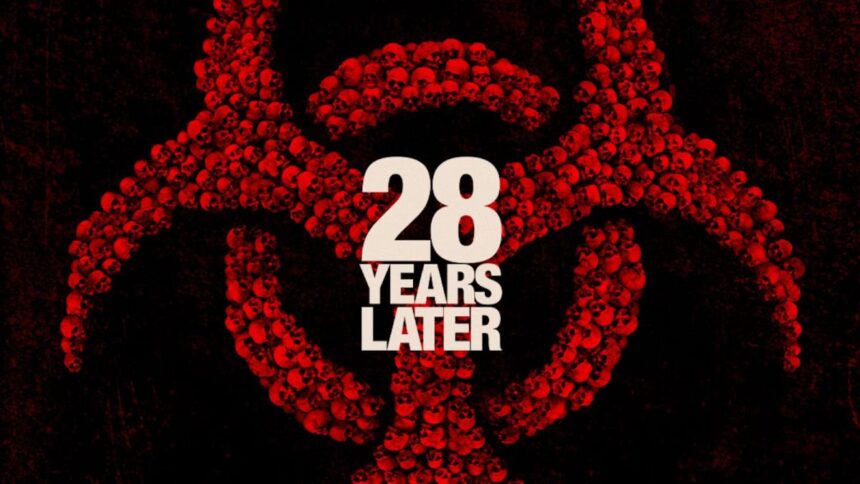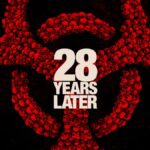Yesterday, the first trailer for next year’s 28 Years Later dropped. Amid all the fanfare around acclaimed British filmmaking duo Danny Boyle and Alex Garland returning to their 2002 zombie classic 28 Days Later, the trailer also stood out thanks an intriguing feature in its soundtrack.
As we revisited Boyle’s bleak world of zombie ravaged Britain, among the shaky cam shots of the undead and a brief glimpse of an emaciated Cillian Murphy, an unsettling voice repeated out of sequence numbers and phrases, adding to the tension.
- Noémie Merlant on her new film ‘The Balconettes’ and #MeToo: ‘We have to remain vigilant’
- European Film Awards: Actors and filmmakers weigh in on what makes European cinema special
Instead of the more normal background music, the 28 Years Later trailer used the Rudyard Kipling poem “Boots” for its soundtrack to incredible effect.
Kipling was an English novelist whose works, including “The Jungle Book” are considered some of the most emblematic of the nation between the 19th and 20th century. Born in British India, his works that chart the British Empire may have helped him win the Nobel Prize in Literature in 1907, but have also contributed to a modern reassessment of his colonialist themes.
His poem “Boots” was first published as part of the 1903 collection “The Five Nations”. Its repetitive verses are meant to bring the reader into the mind of a British soldier marching in South Africa during the Second Boer War from 1899 to 1902.
In 1915, American actor Taylor Holmes recorded a spoken word performance of “Boots”. The unsettling repetition of a soldier’s mind frame in the words matched with Holmes’ dry recital that slowly accelerates to a shrill terrified shriek brings the horrors of war to life.
It’s the psychological effectiveness of Holmes’ recording that led it to be used by the US’s Survival, Evasion, Resistance and Escape (SERE) training programme to prepare soldiers for hostile environments.
If you haven’t heard Holmes’ recording, you might question how capable a spoken word rendition of a poem would have to instil the kind of terror needed by SERE.
One listen on YouTube will quickly subdue that line of questioning.
“Boots” is a deeply unnerving piece and in Holmes’ hands, it transforms into a spine-chilling insight into the traumatic scenes inside a soldier’s head.
Over a century after Holmes’ made his recording, the inclusion of “Boots” into the soundtrack of the 28 Years Later trailer is inspired. We still know little about Boyle’s upcoming film, aside from a cast list, the storyline’s timeframe, and the fact he filmed it on iPhones concurrently with a sequel 28 Years Later Part II: The Bone Temple.
But ahead of the slated 20 June 2025 release, the use of “Boots” has reminded everyone of the deft artform of trailers and their ability to drum up hype for a film half a year away.















